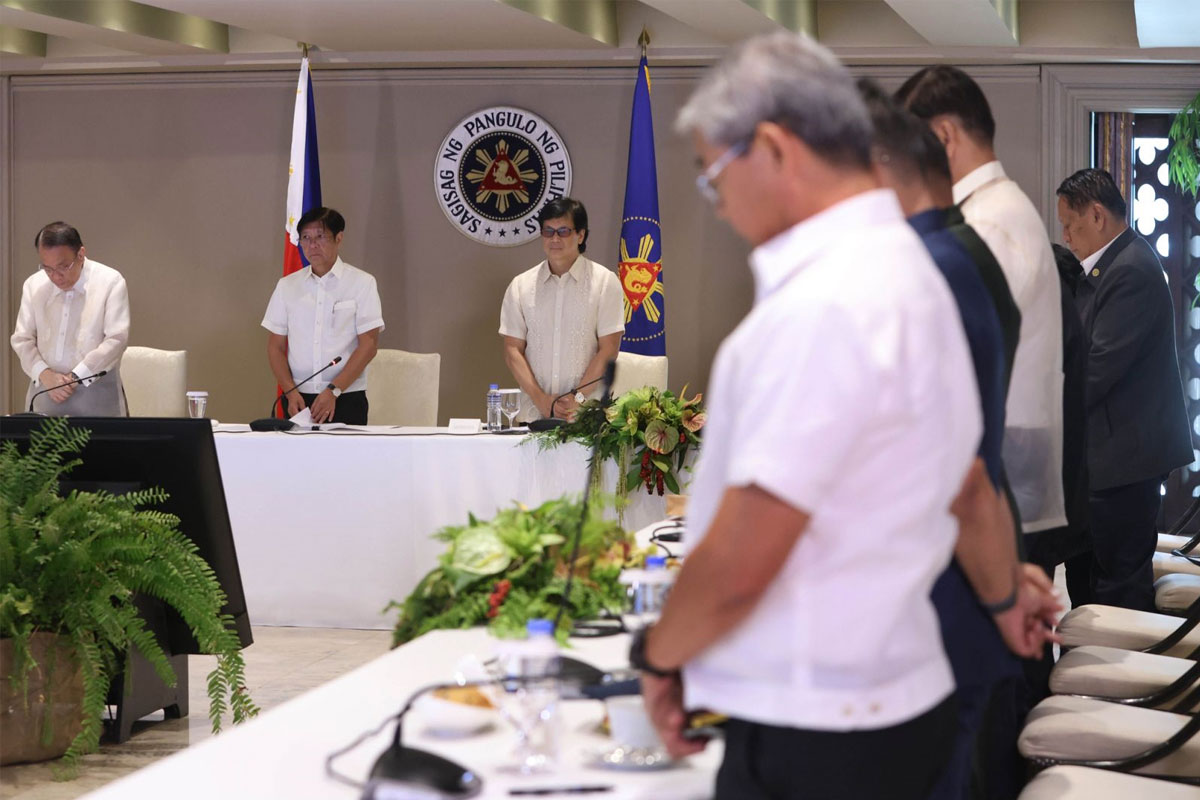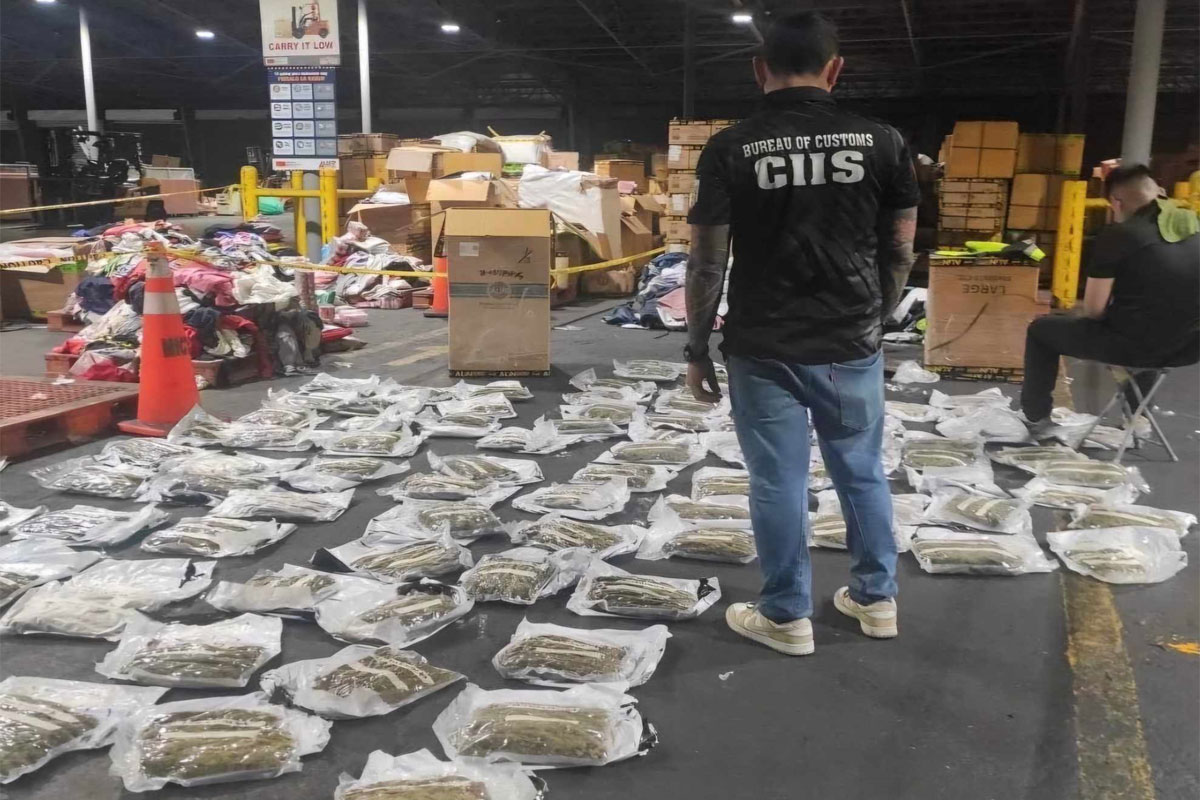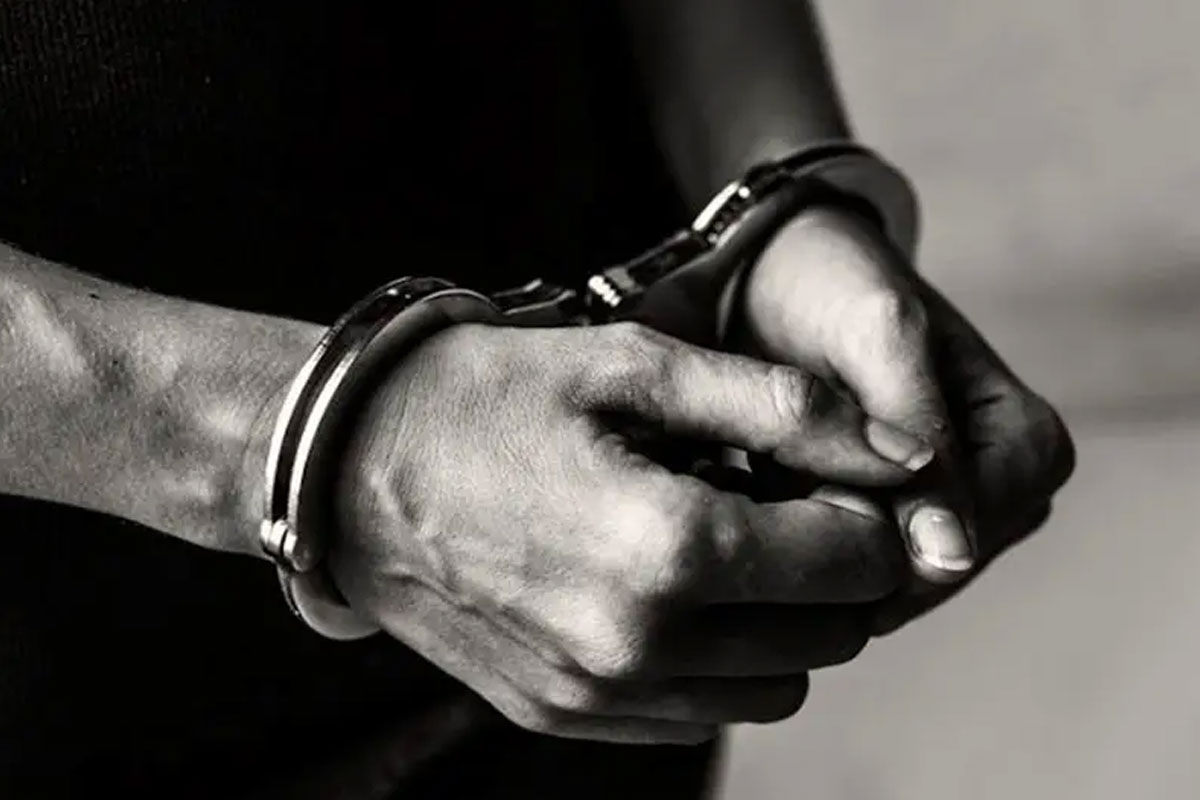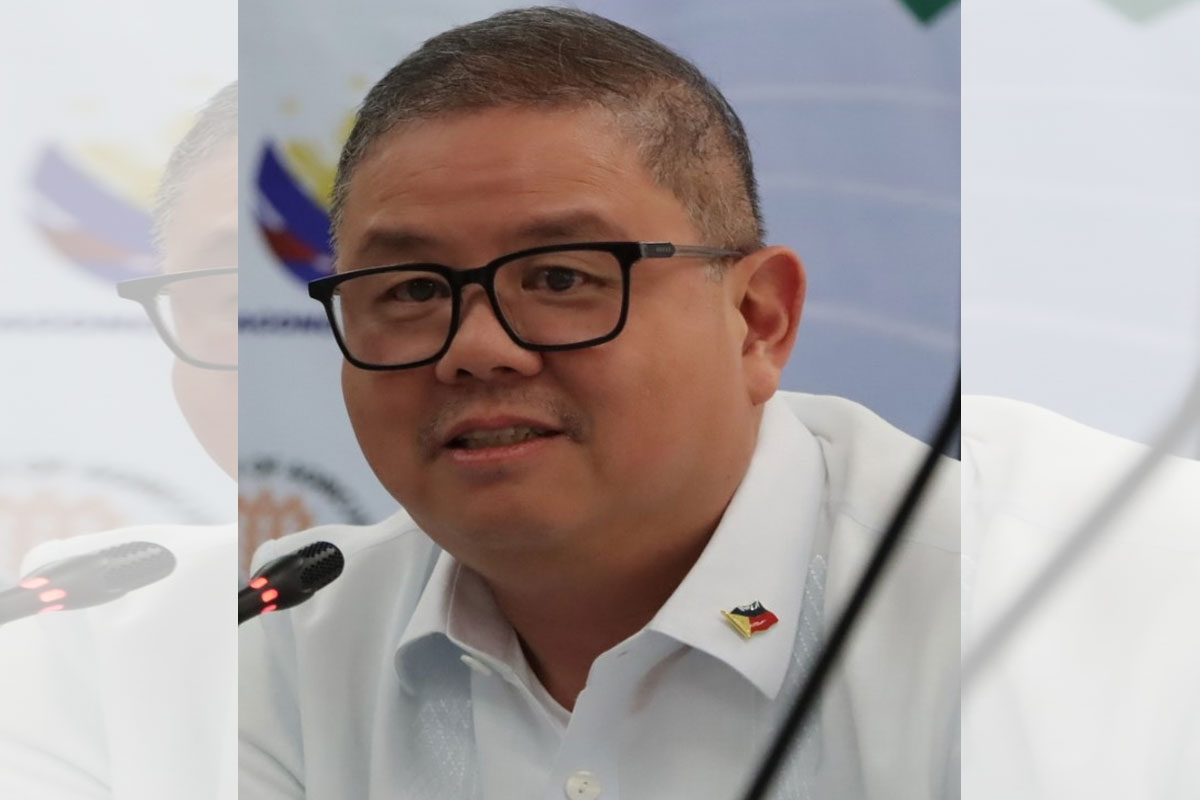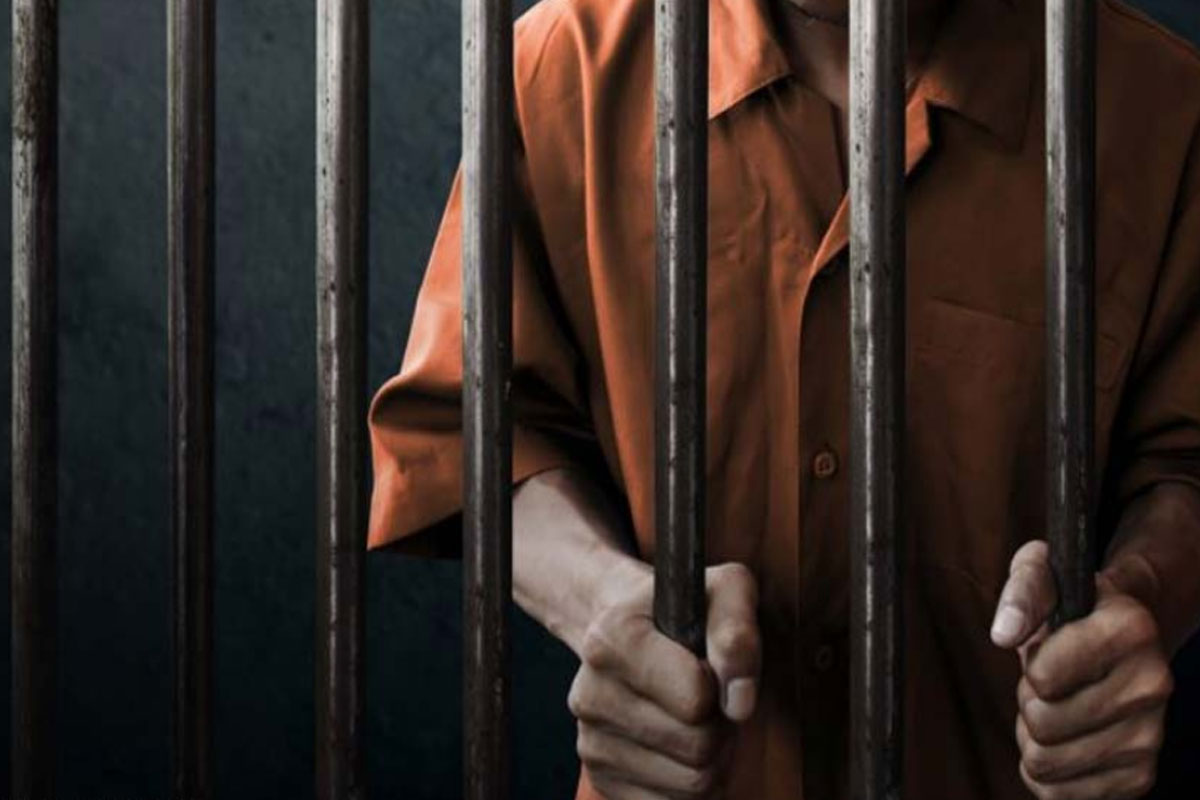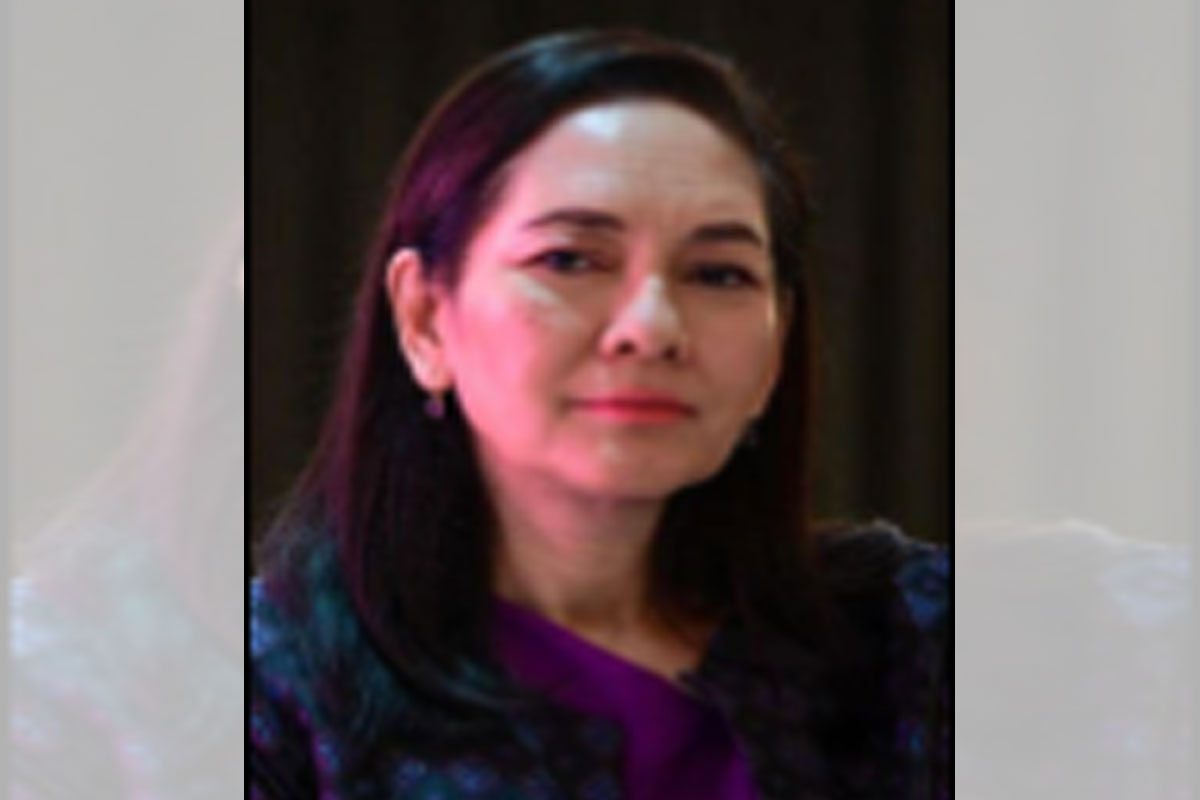
PCG Macau: Don’t ‘politicize’ COVID test for Pinoys
THE Philippine Consulate General in Macau Special Administrative Region (SAR) on Saturday appealed to the public not to “politicize” the directive subjecting Filipino nationals to a daily coronavirus disease 2019 (COVID-19) test, saying, it is “purely a health issue.”
Due to the huge number of Filipinos working in Macau and the severe threat of the new variant of COVID-19 to health, the Philippine Consulate General has agreed with the Macau Health Bureau for any resident with a Philippine passport to undergo a daily nucleic test from July 22 to 24.
In an advisory, the consulate said the order is based on the volume of Filipinos who have caught the disease, which made up 24.5% of the community infection in Macau for the past two weeks.
“The Philippine Consulate General, at the outset of this directive, has issued its position taking the directive as purely a health issue. And yet there are those who remain focused on politicizing this. To put this issue to rest, the Philippine Consulate General has expressed its agreement to the findings shared by the Macau Health Bureau that necessitates the issuance of a directive to our nationals in Macau,” it said.
The statement said the same directive had been imposed on specific nationals from neighboring countries in the past, and no one has bothered to raise the same issue of discrimination being raised now.
“Are we Filipinos better than our sisters and brothers from our neighbor countries just because we have a significant number in Macau?” the advisory read.
“The Filipino community and other migrant communities belonging to the larger society of Macau are now facing a serious threat. Let us all be part of the solution and provide our support and cooperation in fulfilling our role to help overcome this clear and present danger.”
Bloomberg quoted health official Leong Iek Hou as saying that Filipinos “tend to have more gatherings, like meeting among friends” in Macau.
“It’s likely that they have more interactions within their own ethnicity, so we need to find out whether there are hidden sources of infections among them via frequent testing,” Leong said.
About 30,000 Filipinos reside and work in Macau, based on the latest data from the consulate.




